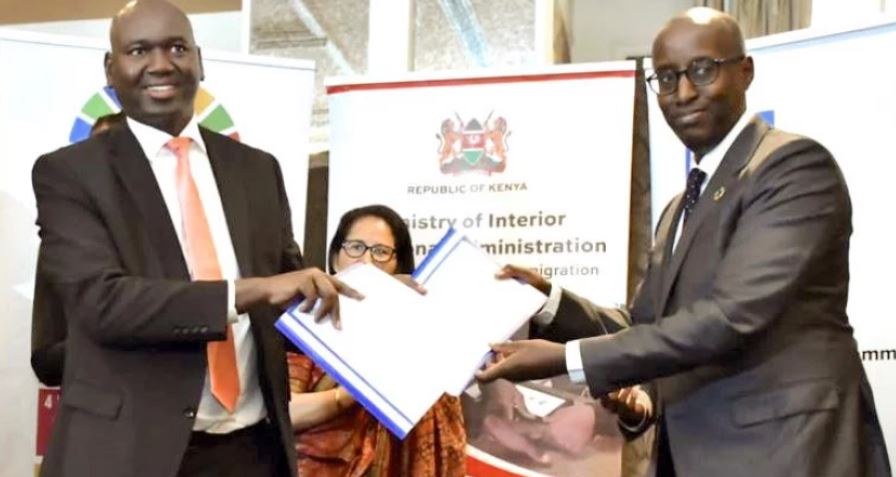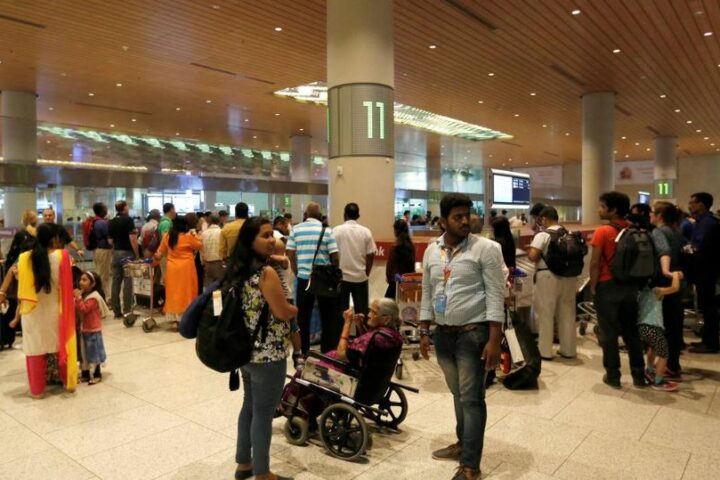 Kenya and the United Nations Development Programme (UNDP) have entered into a collaborative framework aimed at bolstering the advancement of the country’s Digital Identity infrastructure.
Kenya and the United Nations Development Programme (UNDP) have entered into a collaborative framework aimed at bolstering the advancement of the country’s Digital Identity infrastructure.
On Monday, the partnership covering resource mobilization, technical guidance, and project oversight was unveiled following the signing of a Memorandum of Understanding in Nairobi.
Immigration and Citizen Services Principal Secretary Julius Bitok termed the MoU as key to the implementation of a Unique Personal Identifier (UPI) dubbed Maisha Namba upon which the Digital ID will be anchored.
As part of the agreement, the United Nations Development Program (UNDP) will extend technical support and collaborate with the government to secure funding and additional resources, facilitating the development and implementation of digital ID.
“Together, we shall build on our current registration and identity management practices in a manner that does not re-invent but rather identify and fix gaps in our current systems and leverages on digital solutions, including mobile and web applications to transition to better systems,” Bitok said.
The PS mentioned that the program will additionally enable Kenyan citizens to access global online commercial prospects, offering a secure, tamper-proof, and verified digital identity.
“The digital identity system will provide Kenyans with a secure and reliable way to verify their identity for a variety of purposes, including accessing gov’t services, opening bank accounts, and traveling. It will also help to reduce fraud and corruption, and improve efficiency,” Bitok explained.
“The digital identity programme will also enhance citizens access to their constitutional and human and legal identity rights,” the PS added.
During the MoU signing, PS Bitok noted that the government had learned valuable insights from past challenges in similar projects. He unveiled the government’s plan to introduce four interconnected products in alignment with the Presidential directive to establish a digital ID system.
These four components include:
i. Maisha Namba: A distinct personal identifier assigned to each individual, serving as a lifelong personal identity number from birth to passing.
ii. Maisha Card (3rd generation ID): This document will carry the Maisha Namba mentioned earlier, superseding the current 2nd generation ID.
iii. Digital ID: A virtual digital identity for registered individuals, enabling online verification (potentially using biometric scanning, among other methods).
iv. National Master Population Register: A comprehensive repository consolidating existing independent databases into a unified integrated record encompassing data on both Kenyan citizens and foreign residents in the country.
The official rollout of both Maisha Namba and the digital ID is scheduled for October 2, 2023.








